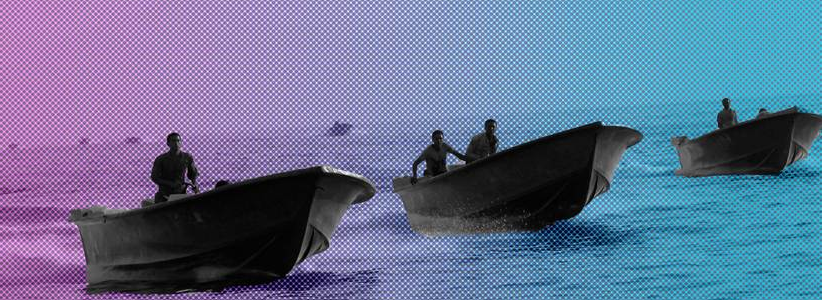
Government officials and investors all agree that Iran needs to improve its business climate to attract the needed investment for job creation. One of the phenomena that can help ease the process of doing business is the country’s customs organization.
Incidentally, Iran’s current minister of economic affairs and finance, Massoud Karbassian, was promoted from his previous position as head of the Islamic Republic of Iran Customs Administration (IRICA). During his confirmation debate in parliament, there was broad agreement that in his four-year term in that position he managed to improve customs regulations as an important step in fighting corruption in the Iranian economy.
Many observers agree that, similar to other state organizations, Iran’s customs dealings have suffered as a result of ambiguous laws, lack of transparency, institutional inefficiency and petty corruption.
At the same time, ad hoc regulations that have been introduced over the decades of war, reconstruction and sanctions have created conditions that can best be described as a fragmented system of trade in which goods can be imported through multiple channels, including actual customs points, free trade zones, special economic zones, port regulations, border markets, families living in border regions and cross-border passengers. So one of the first tasks in the modernization of the country’s customs organization has been defining the legal and organizational processes to create the authority for the actual customs organization to supervise all these entry points.

